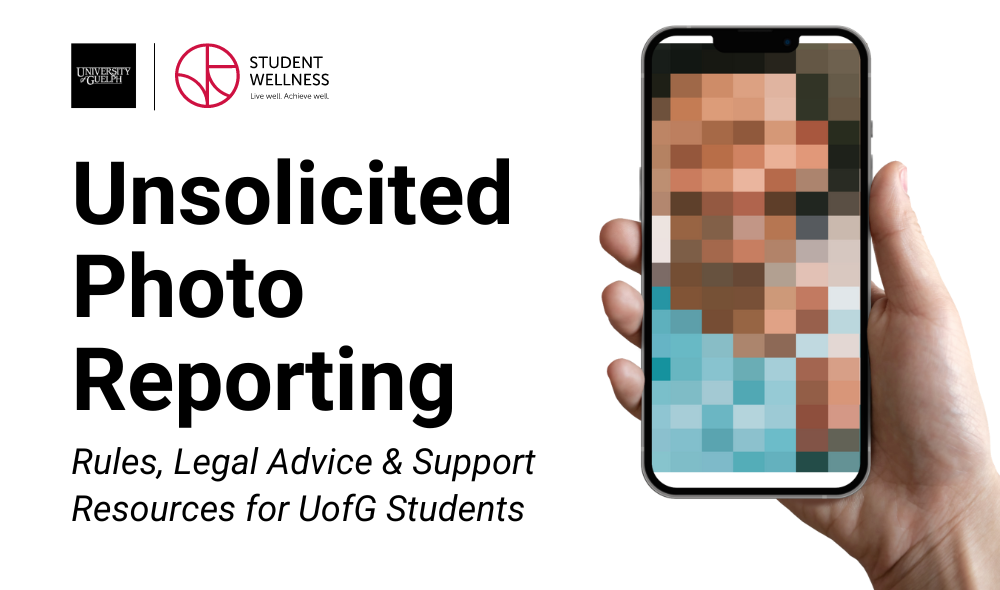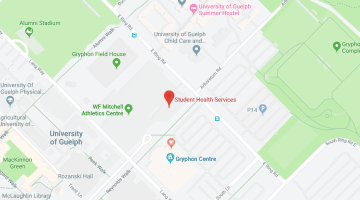
Updated August 2023
Sending intimate pictures, like all other kinds of sex, must be consensual. Consent means that everyone involved agrees to what is being communicated online and how — without guilt, pressure, or intimidation.
Basic rules for consent and sharing nude images:
- Always ask all involved before sending, texting, and sharing nude images. Do not take a lack of or unclear response as an invitation to share a photo.
- When you ask someone for nude photos, do so respectfully without pressuring them and respect if their answer is "no".
- Do not share or post nude pictures people send to you without the consent of everyone involved.
If you are a recipient of unsolicited nude photos:
Sending a nude photo without the consent of the person receiving it can be considered a form of sexual harassment and there may be legal ramifications for the sender. Should you receive an unwanted nude picture, there are resources available for support (see below).
Having a nude photo of you shared without your consent:
Sharing a nude picture of someone else without their consent is a form of sexual violence.
If this happens to you, you deserve support! The following resources are available to help you understand your legal rights and support with minimizing the sharing of the image/video:
Image removal from social media:
-
If your image is being shared on social media, you can report the incident to the website and ask if there is anything they can do to take it down. For detailed instructions about how to ask a website or internet provider to take down an image, see the website: needhelpnow.ca [1].
Legal advice and resources:
If you want to seek legal advice, the following resources can provide free legal guidance:
- Student Help and Advocacy Centre [2] (student-run advocacy and referral centre here to provide you with a confidential and inclusive space for students to ask questions and get information)
- Legal Clinic of Guelph and Wellington County [3] (free legal advice for low-income people who live in Guelph and Wellington County)
- Barbara Schlifer Memorial Clinic [4] (free legal services to women who have experienced violence and abuse)
Supports are available to listen and talk:
If you want support, contact the Sexual and Gender-Based Violence Support Coordinator at svinfo@uoguelph.ca [5] to discuss options and resources that best meet your needs. Additional resources available include:
- Counselling Services [6]
- Make an appointment: 519-824-4120 x 53244
- Same-day drop-in appointments (including drop-in counselling for students of colour) are available. Click here for more info. [7]
- Guelph-Wellington Women in Crisis [8]
- 24-Hour Crisis line for all genders: 519-836-5710 or 1-800-265-7233
Making a report/complaint:
University of Guelph:
-
To make a complaint using the University of Guelph complaints process, please refer to the Sexual Violence Policy and Procedures [9] for more information.
To report to police contact:
- Campus Safety Office: 519-824-4120 ext. 52245
- Guelph Police Service: 519-824-1212
Questions or need support? To discuss options and get support during this process, please contact svinfo@uoguelph.ca [5].
